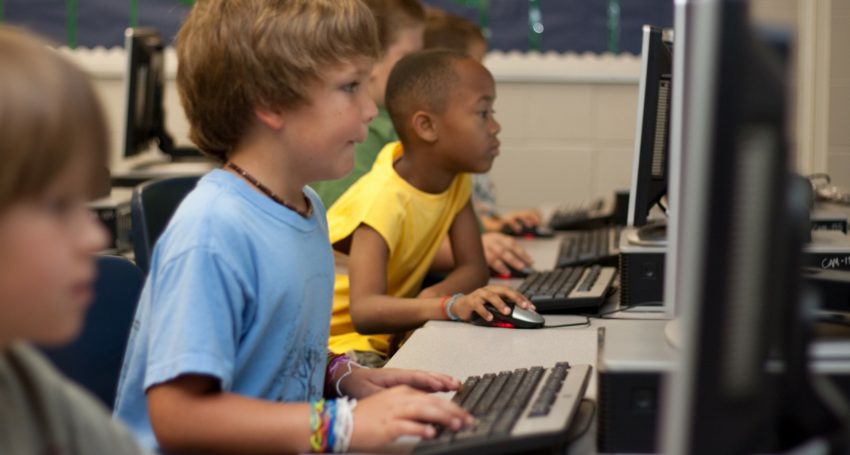Tips and resources for parents: online ground rules and conversations
Features
The Anglican Schools Commission’s Steve Window offers parents and caregivers tips and resources to assist with creating ground rules, establishing a routine, and discussing online safety with kids and teens while they are currently spending more time at home

Establishing a daily routine and online ground rules have always been challenging and our current community situation has heightened some concerns.
Here are the basics, which you may want to revisit, given the significantly increased amount of time children and adolescents are necessarily spending at home at present.
Suggested ground rules include:
- No devices in the bedroom, toilet or bathroom areas (this includes using devices behind locked doors).
- No screens for a minimum of one hour before sleep.
- Recharge all devices at one location or where your child cannot access them.
- No devices at dinner time – this applies to everyone.
- Common areas of the house are to be used to complete schoolwork and for your child to interact online.
- Encourage responsible use of devices by reinforcing ‘good behaviours’ (i.e. such as allowing an extra hour of screen time on occasion).
- Turn on the privacy settings on your child’s devices.
- Review parental controls and internet filters built into technology.
- Talk – use cues to signal a time to interact with your child to find out what they are doing. Here are some of the cues to indicate when they are online, but absent from the normal room used for online activities with their device:
- sudden silence
- prolonged silence
- not moving
- laughing when alone in a space.
Help to establish a routine
Have a family meeting to talk about how each of you are going to interact online while you are all together in the house. You may want to talk to them about what you expect from them while you all work and study from home. This will also give you the opportunity to discuss what they like to do online and to see the apps (including games) they use.
Ask and reaffirm:
- What are our house rules for being online?
- Reaffirm – just because we are all at home does not necessarily mean that there will be changes to ground rules.
The following are some suggested questions and pointers to assist with your conversations:
Communicating
- Who can be chatted with online (and are they allowed to chat?)?
- What do they do if they are contacted by someone they don’t know?
- What programs (apps) do they use to chat?
- How can they make themselves safe when interacting with people online? [Should this one be clarified by age or omitted? Does it contradict/confuse the second point?]
Sharing
- What should they check for before posting a comment?
- What should they do before posting an image or video?
- Are they aware of the legal implications of sharing certain content, such as images?
- How do they live stream (including Facetime)?
- What information do they keep private?
- What security settings should be restricted or turned off (e.g. location services)?
Content
- What do they do if someone they don’t know sends them something?
- When is it ok to make purchases online?
- What websites are ok to use?
- What are the age limitations and ratings for the apps they are using?
Screen time
- How much screen time can they have per day?
- Be clear times of usage.
- When are the times they are NOT to be online?
- How much is too much?
- What can they do to avoid overusing technology (i.e. routine)?
- How much time offline and being active do you expect each day?
Taking action
- What do they do if they see something that upsets them?
- Do they know what to do if someone asks for photos of them?
- Do they know what to do if someone online asks to meet up or to start a private conversation or to share personal information?
- Do they know whom to block, mute and report for each application they use?
- Do they know that if they have taken action (i.e. blocking, muting or reporting) that they are supposed to talk to you?
- Do they know who and HOW they can talk to the school counsellor and student protection officers?
- What will happen if they break one of your home ground rules?
Where can they get help?
Why not bookmark these on your child’s device?
- eSafety Commissioner Kids
- eSafety Commissioner Young People
- Kids Helpline (aged 5-25)
- Headspace
- ReachOut
- Beyond Blue
School resources for you:
These are challenging and uncertain times – to assist you, additional parental advice can be found at:
- Beyond Blue on 1300 22 4636
- ReachOut Parents
- Headspace
- Kids Helpline on 1800 55 1800
- Parent Line on 1300 30 1300
- Child Safety Services
- Domestic and family violence support services
- Family and Child Connect on 13 32 64






